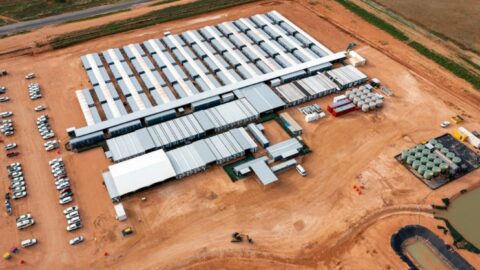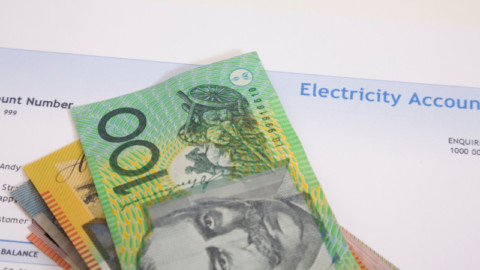The ACT Government will expand its Energy Efficiency Improvement Scheme to include several new programs and will be extended to 2030.
Minister for Climate Change and Sustainability, Shane Rattenbury, said, “The ACT’s Energy Efficiency Improvement Scheme (EEIS) assists households and businesses to reduce their energy bills and to become more energy efficient. It is scheduled to expire in 2020.
“I am pleased to announce that the ACT Government intends to extend the EEIS for another ten years, to 2030, as well as to significantly update and improve the scheme.
“This revised EEIS scheme will optimise environmental and social outcomes, focusing on reducing greenhouse gas emissions as well as lowering energy bills for low income priority households.”
The State Government is proposing significant expansions and improvements to the EEIS, including:
- Increasing opportunities for low income households to benefit from the scheme
- Expanding the available energy efficiency activities, particularly to incentivise a transition from natural gas to efficient electric appliances, and to incentivise installation of residential insulation
- Extending the energy saving obligation beyond electricity retailers to also include gas retailers
- Potentially expanding EEIS activities beyond the energy sector, to also cover transport activities. This could allow innovative initiatives such as incentives for zero emissions vehicles
“The proposed changes reflect the emissions reduction challenge we face in the ACT in the coming decade. With 100 per cent of ACT electricity coming from renewable sources by 2020, our particular challenge is to reduce the emissions from gas and transport. Tackling these emissions is key to reaching our goal of zero net emissions by 2045,” said Mr Rattenbury.
In 2018, a review of the scheme found it has made a big dent in Canberra’s energy bills and greenhouse gas emissions.
“The review found that Canberrans have saved a total of $240 million, including $15 million saved off the energy bills of low income households,” Minister Rattenbury said. “Average weekly savings are $5.65 for participating households and $57 for participating businesses,” Mr Rattenbury said.
“The scheme has also achieved a carbon dioxide reduction equivalent to removing 144,000 cars off Canberra roads for a year, and in 2017, the EEIS saved enough energy to power over 21,000 Canberra households for a year.
“The existing scheme has assisted more than 45 per cent of Canberra households, including 17,900 low income priority households and 15,000 rental properties.
“This new EEIS will also be designed around the principle of a ‘just transition’, and will focus on supporting lower income households. Transitioning to a carbon free future is critical, but it is also critical that we support people, particularly those in lower income households, on this journey.”
















